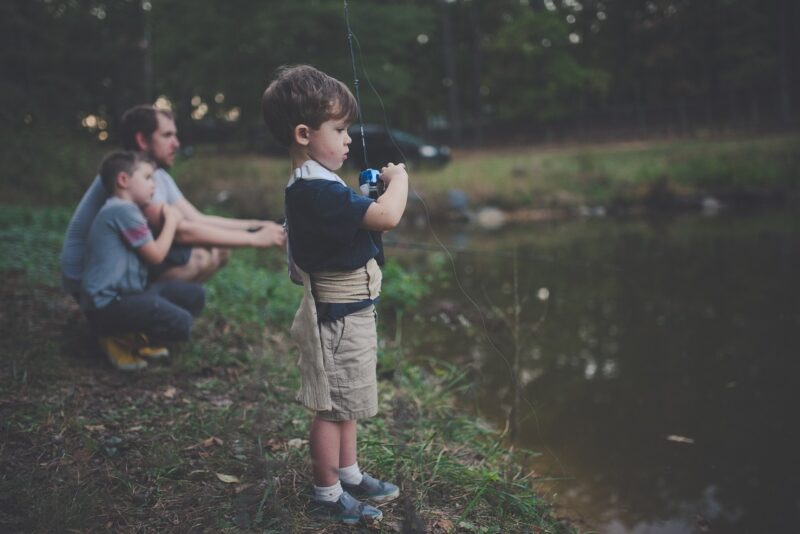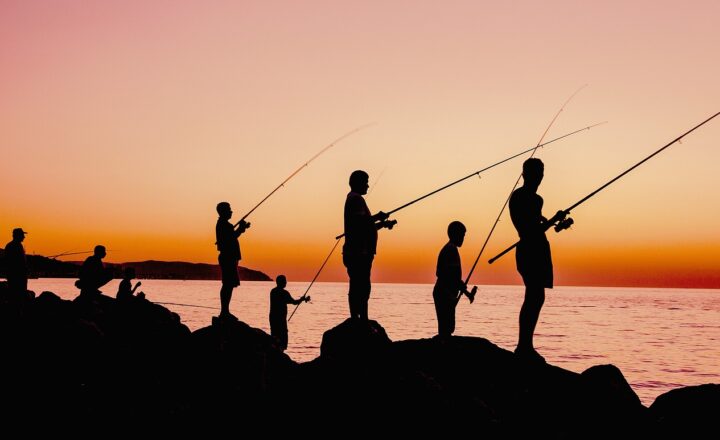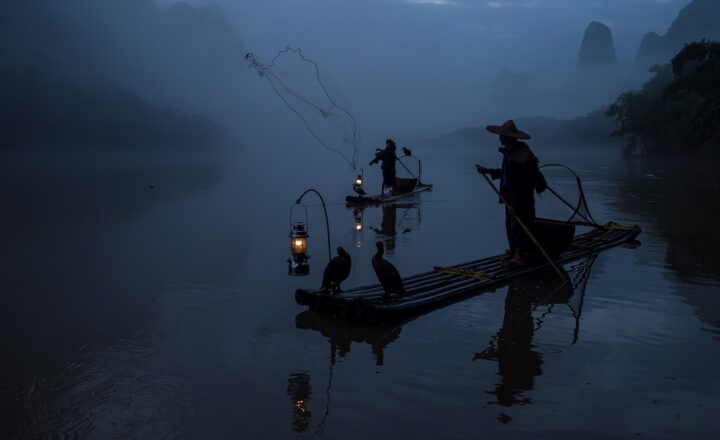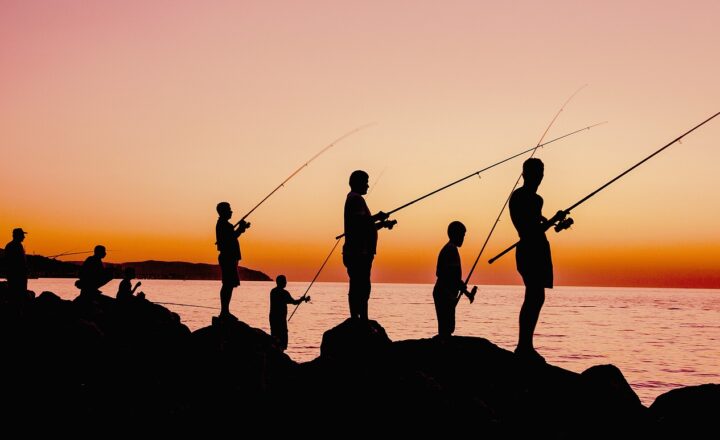The Role of Fishing in Human History: From Survival to Sport
November 11, 2024

Fishing is more than just a method for obtaining food; it has played a critical role in the development of cultures and civilizations throughout human history. From ancient communities relying on fishing for survival to modern-day sport fishing that brings people together, the influence of fishing is undeniable. In this article, we will explore the multifaceted role of fishing in human development, the evolution of fishing techniques, and its cultural significance across different eras.
1. The Beginning: Fishing as a Means of Survival
Long before the rise of agriculture, early humans depended heavily on fishing as a primary food source. Archaeological evidence suggests that fishing was practiced as early as 40,000 years ago, evidenced by primitive fishing tools like hooks and nets found in ancient sites.
Fishing provided not only sustenance but also a means to gather in communities, as groups would convene near bodies of water to harvest fish. The introduction of fishing dramatically altered human diets, contributing to population growth and the establishment of permanent settlements near rivers, lakes, and coastlines.
2. The Evolution of Fishing Techniques
As human civilization progressed, so too did fishing techniques and tools. Early methods included hand-catching and the use of simple spears and traps. However, with time, more advanced techniques emerged:
- Fishing Nets: The invention of nets revolutionized fishing, allowing communities to catch multiple fish at once. Various cultures devised specific types of nets suited to their environmental conditions, such as gill nets and seine nets.
- Rod and Reel: The fishing rod and reel as we know it emerged in the 15th century, primarily in Europe. This innovation not only made fishing more efficient but also began to shift fishing from a community-centered survival activity to a more individualistic pursuit.
- Aquaculture: With overfishing concerns in modern times, aquaculture has gained prominence, allowing for sustainable fish farming and ensuring a stable supply of seafood while minimizing ecological impact.
The technological advancements in fishing equipment have not only improved fishing efficacy but also influenced economic development by facilitating trade between communities.
3. Fishing in Ancient Civilizations
Fishing was not just a source of food; it became embedded in the culture and economy of ancient civilizations. In Ancient Egypt, fishing was depicted in art and was a key element of diet alongside agriculture. Rivers, especially the Nile, were critical for fishing activities that supported entire communities.
In Greek and Roman societies, fishing flourished, leading to a burgeoning fishing economy. Literature from that era, such as Homer’s “The Iliad,” references the importance of fishing, suggesting its relevance in trade and lifestyle. The Romans even developed specialized tools to enhance the fishing process, demonstrating advanced knowledge in the field.
Furthermore, in ancient Japan, the practice of fishing evolved into an art form, with techniques like kites to catch flying fish, demonstrating innovation and cultural significance.
4. The Cultural Significance of Fishing
Fishing transcends mere sustenance; it has cultural significance in many societies worldwide. Additionally:
- Religious Practices: In several cultures, fishing rituals and deities are celebrated. For example, many coastal communities hold festivals to honor the sea and the fish that feed them.
- Art and Literature: Fishing has found its expression in literature and art. Notable works depict fishing as a theme, symbolizing sustenance, longing, and connection to nature.
- Sport Fishing: As societal structures evolved, fishing transitioned from a survival-based activity to a sport. Today, sport fishing is a popular recreational activity, often celebrated through competitions and depicted in films and literature.
Traditions related to fishing often bond communities, serving as an essential component of social life and cultural identity.
5. Modern Fishing: Balancing Tradition and Sustainability
In the 21st century, fishing faces new challenges, including overfishing, habitat destruction, and climate change, threatening marine ecosystems. To counter these threats:
- Sustainable Practices: Many organizations and governments are advocating for sustainable fishing methods that protect marine life while allowing communities to continue fishing. Practices such as catch and release, regulated fishing seasons, and monitoring fish populations have been put in place.
- Community Involvement: Local communities are increasingly involved in preserving fishing traditions while advocating for ocean health. Initiatives that educate fishermen about eco-friendly methods contribute to protecting waters and ensuring sustainable fisheries for future generations.
- Innovations in Fishing Gear: Technological advancements in gear design support sustainable fishing practices, reducing bycatch and minimizing environmental impact while still meeting the demands of food production and recreation.
Balancing tradition with modernization is essential to preserving the cultural heritage surrounding fishing while ensuring a sustainable future for marine ecosystems.
Conclusion
Fishing has undeniably shaped human history by providing sustenance, fostering communities, and evolving into a cultural expression. From survival tactics of ancient civilizations to modern conservation efforts, fishing continues to influence lives and connect people to nature. Recognizing its rich heritage and ongoing value can cultivate respect for fishing traditions while advocating for sustainable practices. As we look towards the future, it is crucial to preserve fishing not only as a means for sustenance but as a significant cultural legacy that unites us with our natural world.
Whether as a means of survival, a source of recreation, or an important cultural practice, fishing will always hold a vital place in human history and development.







